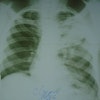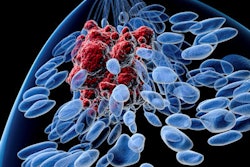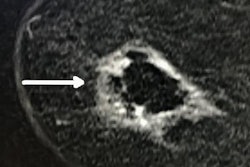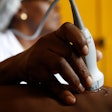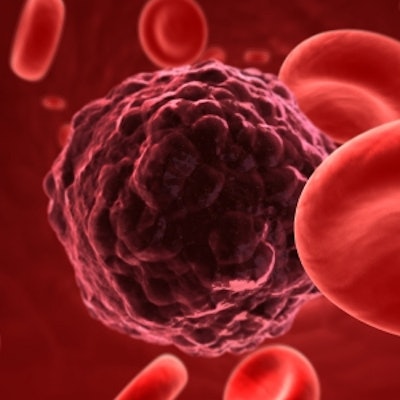
Women who carry a certain rare breast cancer mutation are more likely to develop interval cancers than women who do not, according to a study published in the November issue of Cancer Research, a journal of the American Association for Cancer Research (AACR).
A team led by Jingmei Li, PhD, of the Genome Institute of Singapore examined data from the Stockholm-Gotland Regional Breast Cancer Quality Registry that included 5,099 women diagnosed with breast cancer between 2001 and 2008. The group tracked associations with tumor characteristics and survival outcomes for patients with rare mutations called protein-truncating variants in 31 genes associated with cancer, including BRCA1 and BRCA2 (Cancer Res, November 1, 2018, Vol. 78:21, pp. 6329-6338).
Of the 5,099 breast cancer patients, 597 carried protein-truncating variants. These women were younger, had more aggressive tumor phenotypes, and had 1.65 times the risk of death from interval breast cancer compared with those who did not carry the variants, Li and colleagues found. In addition, when they excluded the 92 women who carried BRCA1 or BRCA2 mutations, women who carried protein-truncating variants had 1.76 times the risk of death from interval breast cancer.
"Our study shows that different variants are associated with different kinds of breast cancer, and that women carrying rare variants have a higher risk of developing interval breast cancers and have worse overall survival compared to women with common mutations," Li said in a statement released by the AACR.

